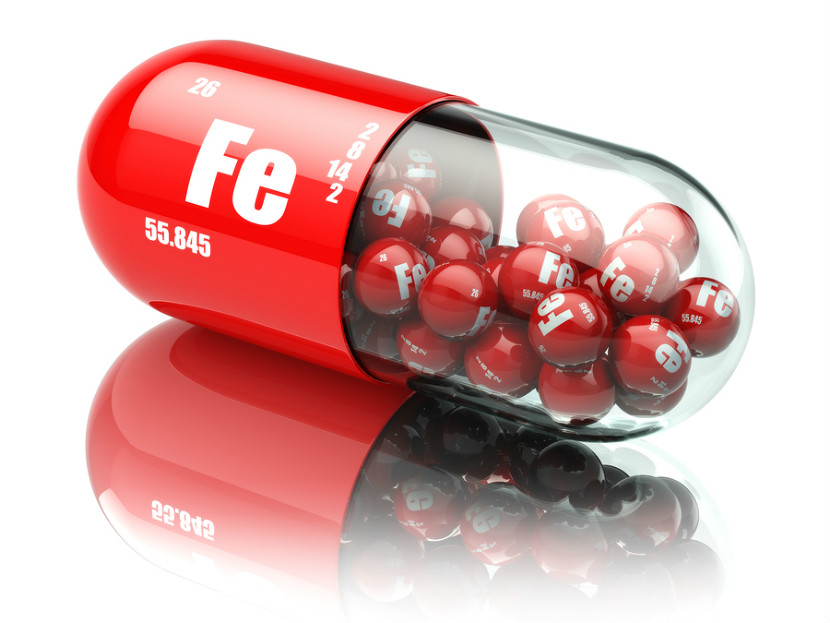
Are you at risk for iron deficiency? If you don’t get enough iron from foods or you don’t absorb enough, you may be at risk. Read on to learn more about iron deficiency and when to see your health care provider.
What is iron deficiency?
Iron deficiency (known as iron-deficiency anemia) means that you have low amounts of iron in your body. Your red blood cells become small and pale in colour. This makes it hard for your red blood cells to carry oxygen throughout your body.
What causes iron deficiency?
You may be at risk for iron deficiency if:
-
You are not getting enough iron from food: Not having a balanced diet from a variety of foods or avoiding iron-rich foods like meat, fish or poultry may mean your are not getting enough iron.
-
You are not absorbing iron properly: This is common in people with digestive disorders (like celiac disease or inflammatory diseases) or cancer.
-
You need higher amounts of iron: Infants and children, premenopausal women and pregnant women have higher iron needs.
-
You are losing iron: This is common for people who frequently donate blood and for women who have heavier menstrual blood flow.
What are the symptoms of iron deficiency?
-
Weakness and fatigue
-
Shortness of breath
-
Fast or irregular heartbeat
-
Dizziness, headache, fainting or vertigo
-
Feeling cold
-
Pale-looking skin
-
Irritability
-
Trouble focusing or concentrating
Iron deficiency may cause:
-
Delays in mental development in infants and children
-
Poor immune function
-
Trouble maintaining your body temperature
If you are pregnant, iron deficiency may lead to delivering your baby early, and having a baby with low birth weight and low iron stores.
How is iron deficiency treated?
Iron deficiency may be treated with iron supplements as well as eating more iron-rich foods.
Iron supplements may cause nausea, vomiting, constipation, diarrhea or stomach upset. Speak to your health care provider if you are having symptoms. He or she may recommend tips to help you tolerate your iron supplements better. This may include changing the type, dose or time you take your supplement.
It is important to follow the advice of your health care provider and continue your iron supplements as required.
Depending on the reasons for iron deficiency, iron deficiency may also be treated by getting iron by intravenous (IV). This means getting iron directly into your bloodstream through a vein.
You may also be interested in:
What you need to know about iron
How to get more iron
Last Update – March 21, 2019